The 10 Ugliest Legal Disputes Of 2011 (So Far)
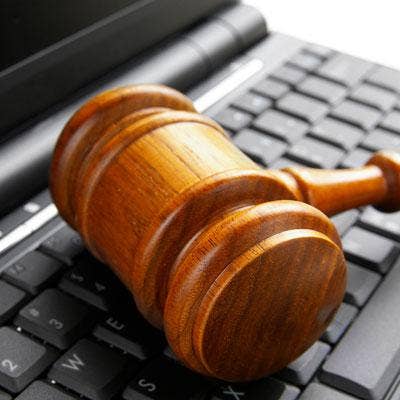
Lawyers, Egos And Money
Like a divorce case in a marriage gone bad, lawsuits between IT vendors bring out all the vitriol that's been bubbling below the surface -- maybe for a long time. Sure, vendors may sound nasty when making marketing claims against each other ("Our fibre channel-based storage area network is faster than your fibre channel-based storage area network.") But when the lawyers get involved, the knives really come out.
Here are what we see as the 10 ugliest legal disputes so far in 2011. Some are new this year, while some started a long, long time ago and have dragged on into this year.
Identifying 10 legal disputes to assemble this list, sadly, wasn't difficult: Just the routine patent infringement cases filed this year would by itself be a list several dozen long. What we've focused on here are the cases with some real venom behind them and that may have broader implications for the industry.
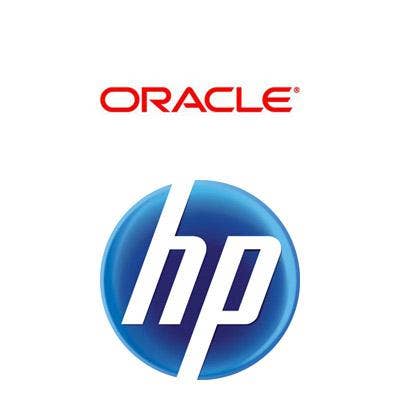
HP Vs. Oracle Over Itanium
It started not-so-innocently in March when Oracle announced it was halting software development for Intel's Itanium server platform. No big deal, right? Companies drop support for aging technologies all the time.
But HP bases its Integrity Servers on Itanium. Oracle-HP relations have been in a downward spiral for nearly a year and Oracle's Itanium announcement seemed to unleash all the frustration that was building up. HP CEO Leo Apotheker slammed Oracle for the move and called on partners to convince Oracle to change course. After sending a warning letter, HP filed a breach-of-contract suit on June 15. HP's says Oracle is contractually committed to supporting Itanium, while Oracle said it refused to make any such commitments in agreements between the companies. Oracle said its decision was based on its understanding that Intel plans on discontinuing Itanium. The case has devolved into a series of claims and counter-claims pulling into the dispute an agreement that resolved a suit last year after Oracle hired former HP CEO Mark Hurd. Don't look for a quick resolution.
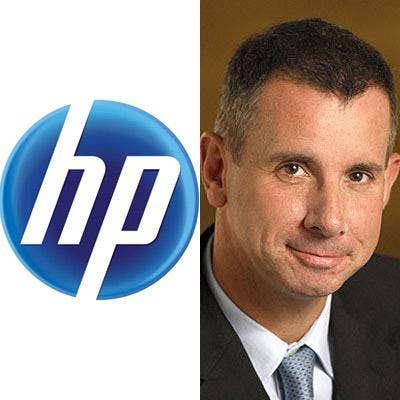
HP Vs. Adrian Jones
Further evidence of the deteriorating Oracle-HP relationship. HP sued former channel chief Adrian Jones in April claiming he stole proprietary information about HP products and customers before leaving to take a job with Oracle.
HP accused Jones of downloading and removing sensitive documents containing confidential and strategic data, according to court documents. All told, HP alleged that Jones took hundreds of files and thousands of e-mails via a USB device. Jones also allegedly had a "close personal relationship" with a subordinate in HP's Australia operations, arranged a substantial promotion and salary increase for her, and filed improper expense reports to cover the costs of continuing that relationship, according to the complaint.
Jones left his post as senior vice president of Enterprise Storage, Servers and Networking for HP Asia Pacific in February and resurfaced a month later as senior vice president of Asia pacific/Japan at Oracle.
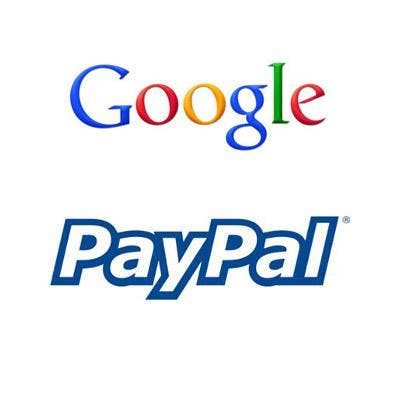
PayPal Vs. Google
Worries about ex-employees taking corporate secrets with them when they get hired by competitors is a common source of lawsuits. Case-in-point is the suit PayPal filed against Google in May claiming the search engine giant stole PayPal's ideas for an online payment service.
On May 26 Google launched its "Google Wallet" mobile payment service. Later that day PayPal sued, claiming that Google Wallet was based on research PayPal had been working on and that Google obtained those trade secrets by hiring former PayPal executives Osama Bedier and Stephanie Tilenius.
Google's position: Along with insisting it respects trade secrets, Google said individuals have the right to seek better employment opportunities. In an industry where the biggest assets are in peoples' heads, these kinds of suits are becoming more common. And because they often involve charges of corporate espionage and betrayal, they can be very personal and very nasty.
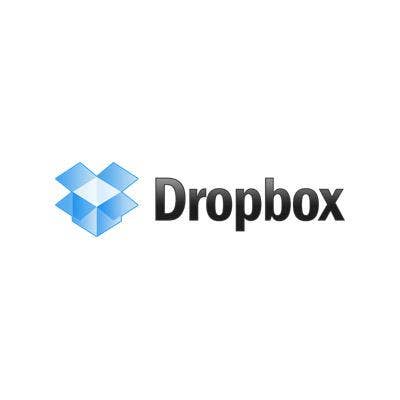
Customers Vs. Dropbox
On June 19 customers of the Dropbox cloud storage system discovered that they were able to access accounts using any password. The next day Dropbox acknowledged that an authentication bug opened a gaping security hole for a four-hour period that made users' cloud storage accounts accessible without proper credentials.
"This should never have happened," admitted Dropbox CTO and co-founder Arash Ferdowski, in a blog.
Customers apparently agreed because little more than a week later they filed a class action lawsuit seeking damages over their data's possible exposure. The suit claims Dropbox was negligent and didn't adequately notify users that their data may have been exposed.
Businesses and consumers are increasingly relying on the cloud for applications, data storage and other services. The Dropbox incident shows that cloud service providers have high expectations to meet. And they can expect legal action when they fail.
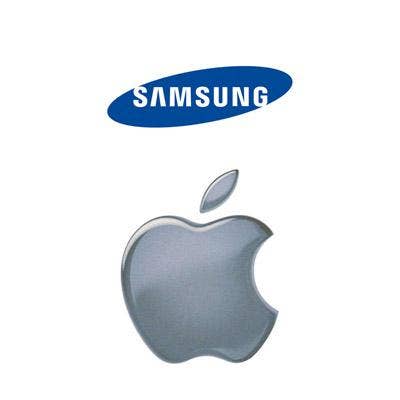
Apple Vs. Samsung
In another "Divorce Court"-like case, Apple and Samsung, which has manufactured the ARM-based A6 system-on-a-chip used in the Apple iPad, are in the midst of a bitter separation.
In April Apple sued Samsung in the U.S. for patent infringement, claiming that Samsung's Galaxy smartphones and tablets bore a suspicious resemblance to the Apple iPhone and iPad. Samsung quickly followed suit with a suit in Korea with its own patent infringement claims against Apple. In June Apple filed another suit – this one in Korea -- charging Samsung with copying its products.
Patent infringement claims are perhaps the most common source of lawsuits within the IT industry. A subtext for the Apple-Samsung dispute is the reports that Apple is thinking of moving its chip production away from Samsung to another fabrication partner, Taiwan Semiconductor Manufacturing Co.
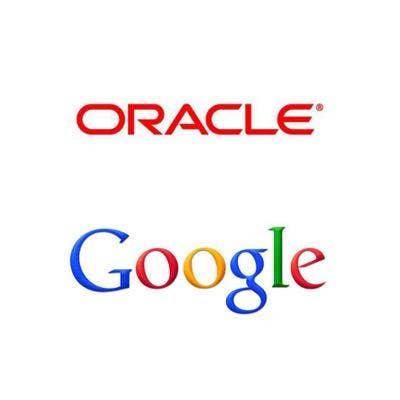
Oracle Vs. Google
Speaking of alleged patent infringements, Oracle sued Google last year claiming that Google's use of Java technology in the Google Android mobile operating system violated Java patents and copyrights Oracle acquired when it bought Sun Microsystems.
In June of this year Oracle updated its court filings to say that it's claiming damages "in the billions of dollars" from Google – the first time Oracle had given any hint of what it is seeking in the case.
Industry observers are closely following the case given its potentially wide ramifications for the mobile device industry -- Google says 400,000 Android devices are activated every day -- and for the open-source software industry.
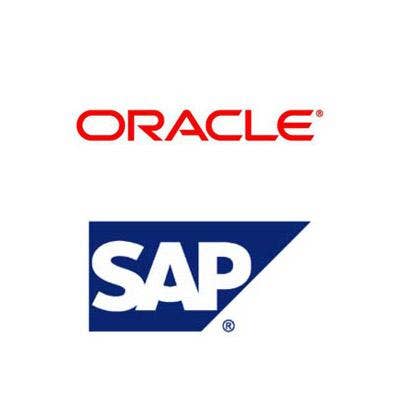
Oracle Vs. SAP
This case that has dragged on since March 2007 may be drawing to a close.
In 2005 SAP acquired TomorrowNow, which provided services for Oracle customers. Oracle sued claiming that TomorrowNow illegally obtained Oracle software and support materials from Oracle Web sites. The case, officially a copyright infringement issue, finally went to trial last year and in November a U.S. District Court jury in Oakland, Calif. sided with Oracle, awarding a stunning $1.3 billion in damages.
SAP, which shut down TomorrowNow, has acknowledged that the subsidiary unlawfully obtained the materials, but argued the true damages were relatively minor. SAP is taking legal steps to either get the damages reduced or have a new trial. Oracle, with its usual chutzpah, has said it will seek an increase in the damages if SAP gets a new trial.
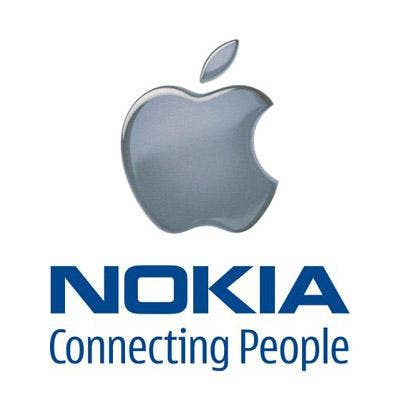
Nokia Vs. Apple
This long-running case may win a prize for sheer complexity and scope.
Going back to October 2009 Nokia has filed a series of patent infringement lawsuits against Apple in U.S. district courts in Wisconsin and Delaware, as well as in several European countries. The suits allege that Apple's iPhone, iPad, computers and portable music players infringe Nokia patents.
Earlier this year Nokia filed a complaint with the U.S. International Trade Commission against Apple. Apple has denied the charges and in some cases has filed countersuits against Nokia.
The suits and countersuits are playing out against the background of the highly competitive smartphone market where Apple, Google, Nokia and Microsoft (which this year established a strategic alliance with Nokia) are battling it out.
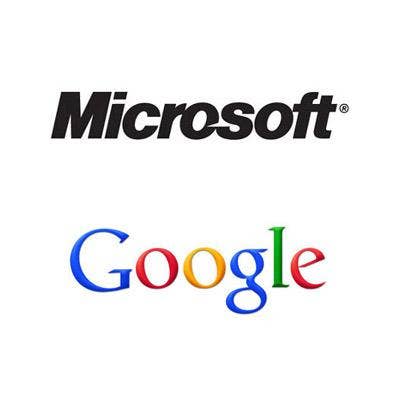
Google Vs. Microsoft
In January Google won an injunction from the U.S. Court of Federal Claims in Washington D.C. putting the brakes on a nearly $60 million cloud computing contract that had been awarded to Microsoft by the U.S. Department of the Interior.
Google and Microsoft are increasingly stepping on each other's toes as they compete for contracts to supply businesses and government agencies with cloud computing applications. In May Microsoft beat Google in competing for a cloud e-mail migration contract with the city of San Francisco. In 2009 Google beat out Microsoft to win a high-visibility cloud computing contract with city of Los Angeles, although Google and partner CSC have had trouble completing the project. Such wins and losses are a big deal for both vendors. Google is trying to expand sales of its Google Apps beyond individual users to businesses and government organizations. Microsoft is trying to maintain the dominant position it holds with its Microsoft Office and other desktop and small business software products.
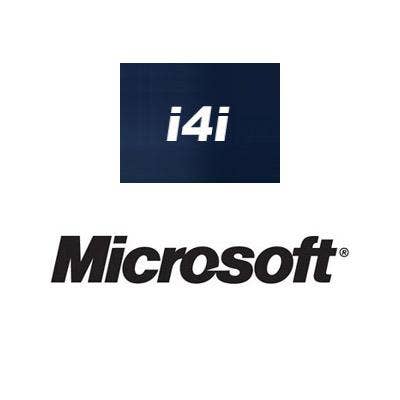
i4i Vs. Microsoft
Sometimes the little guy does win.
In what proved to be a David-and-Goliath legal battle, Toronto-based i4i won its case against Microsoft in which i4i claimed that technology Microsoft built into Word 2007 and Office 2007 for editing and customizing XML code infringed on i4i patents. In 2009 a U.S. District Court jury agreed and said Microsoft must cough up $290 million in damages and fines.
Since then Microsoft has unsuccessfully appealed the verdict to ever-higher courts, arguing that the burden of proof needed to declare a patent to be invalid was too high. But in June the U.S. Supreme Court rejected Microsoft's appeal, bringing the long-running case to an end. A Microsoft spokesman said Microsoft would pay the $290 million.